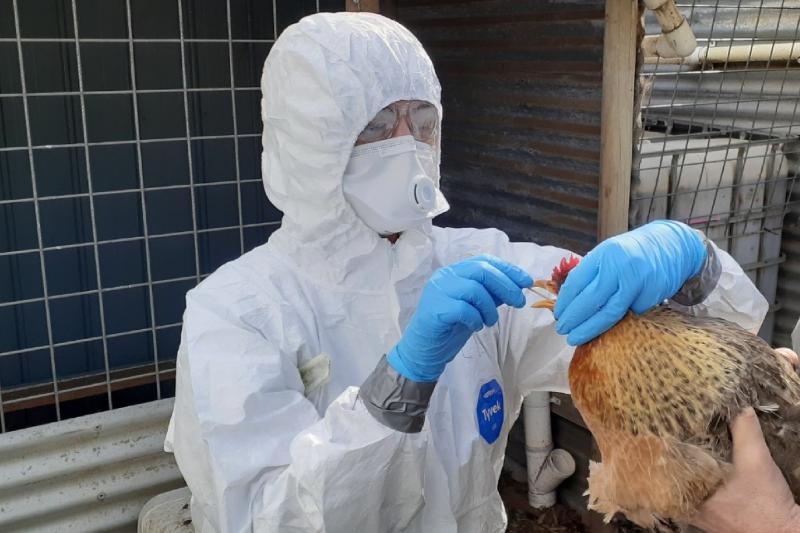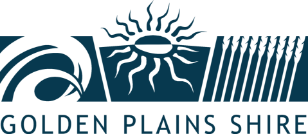
It's been 12 months since Agriculture Victoria and the poultry industry responded to Australia's largest avian influenza outbreak, first detected on 31 July 2020 near Lethbridge.
In the following months three different strains were detected at six farms in three regions and in three different species. The disease was eradicated thanks to the combined efforts of poultry owners, businesses and the local community, working with Agriculture Victoria.
The anniversary is a timely reminder for poultry owners, whether you have a few backyard poultry or dozens of birds, to always be on the lookout for bird flu or other exotic illnesses.
Poultry farmers and backyard flock and bird owners are urged to report any cases of unexplained bird deaths to the 24-hour Emergency Animal Disease Watch Hotline on 1800 675 888, or to your local vet or to Agriculture Victoria animal health staff.
What is Avian influenza?
Avian influenza, commonly referred to as ‘bird flu’, is a highly contagious viral infection of birds. It can be carried by wild birds and from time to time can spill over into commercial poultry with the devasting effects seen last year.
Serious forms of the disease can cause severe symptoms and sudden death in domestic poultry. Mild strains of the disease cause few or no symptoms in poultry and may go undetected in some species of birds, but can still result in some deaths.
Symptoms associated with avian influenza can include:
- sudden death
- respiratory distress
- swelling of the head
- purple discolouration of the comb and wattles
- coughing
- sneezing
- rasping breathing
- rapid decrease in feed and water intake
- decreased egg production
- ruffled feathers
- depression
- closed eyes
- diarrhoea
- occasionally nervous signs.
How to protect against outbreaks
For backyard poultry owners, good biosecurity is the key to reducing the spread of the disease and includes:
- Regularly clean your chicken coop including feeders, drinkers and equipment.
- Frequently replace nesting materials.
- Always wash your hands with warm water and soap after handling birds, eggs or other materials in the coop.
- Try to avoid contact between chicken and wild birds, rodents or pets.
- Keep bird feed and water clean of any droppings or animal waste.
- Your birds should drink the same water as you — town, bore or tank water. Keep them away from potentially contaminated water sources such as streams, dams, ponds and even puddles.
- Feed your birds good quality feed from a reputable feed-mill.
- Keep new birds separate from your existing flock for 14 days after they arrive on your property.
- Keep records of where you buy poultry from and if possible, their vaccination history.
- Keep records of who you sell birds or eggs to. This information is useful for disease tracing.
- If you attend bird shows do not allow your birds to mix directly with others. Then, keep them separate from the rest of your flock for 14 days when you return home.
- Minimise visitor contact with your birds. If visitors need to handle your birds, make sure they wash their hands with warm soapy water before and after handling. Visitors should cover their footwear before handling birds.
- If you are selling or giving away eggs, use new cartons if possible or keep reused cartons clean and away from birds.
- Know the signs of disease and immediately report large or unusual numbers of dead or sick birds to your vet.
For more information on keeping your poultry safe, visit the Agriculture Victoria website.
Property Identification Codes
The easiest way for Agriculture Victoria to contact you, if there is an outbreak of avian influenza, fire or flood, is to have a Property Identification Code (PIC). A PIC is required if you have more than 50 poultry, or more than 10 emus and ostriches, and is also required if you keep or graze livestock.
PICs are free and easy to obtain through Agriculture Victoria’s website.
